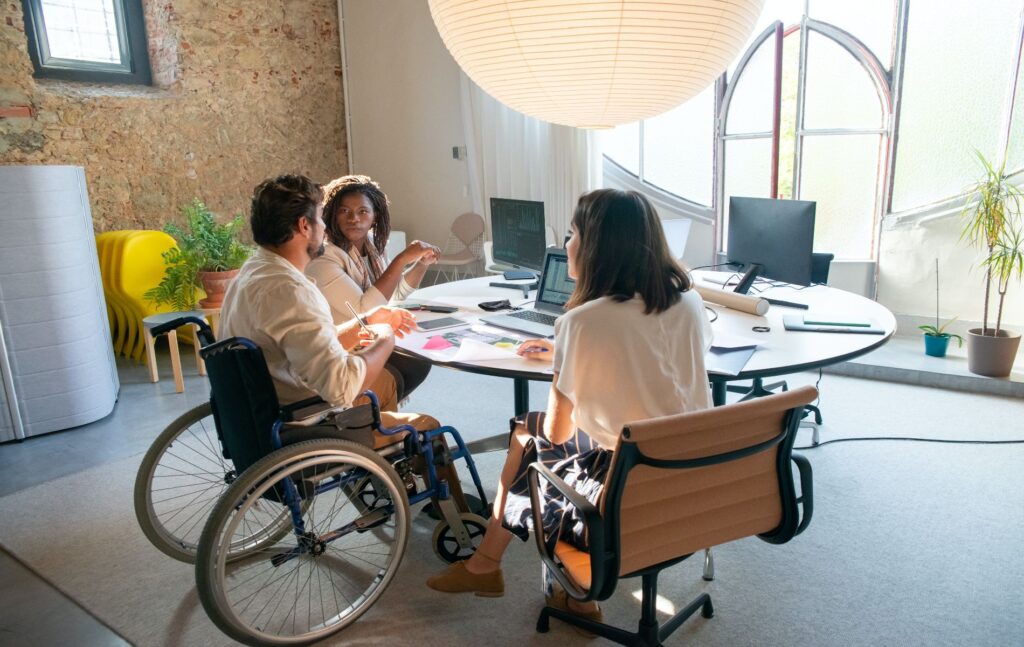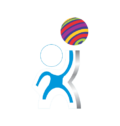Do we have any scope for physically handicapped people in translation Industry?

Absolutely, there is scope for physically handicapped individuals in the translation industry, just as there is in many other industries. Many aspects of translation work can be done remotely or from a desk, which can be conducive to individuals with physical disabilities. Here are some ways in which physically handicapped individuals can pursue a career in the translation industry:
Translation and Localization: Physically handicapped individuals can work as professional translators or localization specialists. These roles involve translating written content from one language to another and adapting it to the cultural and linguistic nuances of the target audience.
Remote Work Opportunities: Many translation projects can be completed remotely, allowing individuals to work from the comfort of their homes. This can be particularly beneficial for individuals with physical disabilities who may face challenges with commuting to a physical office.
Freelance Translation: Freelancing in the translation industry is common, and it offers flexibility in terms of work hours and location. Freelance translators can take on projects based on their availability and skillset.
Specialization: Physically handicapped individuals can specialize in specific domains or industries, such as medical, legal, technical, or literary translation. Specialization can lead to a more fulfilling and potentially higher-paying career.
Assistive Technology: There are various assistive technologies available to help individuals with disabilities access and use computers. Screen readers, voice recognition software, and adaptive keyboards can make computer-based translation work more accessible.
Project Management: In addition to translation work, individuals with disabilities can pursue careers in translation project management. Project managers coordinate translation projects, manage teams of translators, and ensure timely delivery of high-quality translations.
Remote Communication: With the availability of video conferencing and collaboration tools, individuals with physical disabilities can effectively communicate with clients, colleagues, and teams, making remote work more accessible.
Accessibility Advocacy: Physically handicapped individuals can also work as advocates for accessibility and inclusion in the translation industry, helping to ensure that the profession becomes more inclusive for people with disabilities.
It’s important to note that the translation industry values linguistic and cultural expertise, attention to detail, and accuracy, regardless of an individual’s physical abilities. Employers and clients often focus on the quality of work and the qualifications of the translator rather than their physical condition.
In many countries, there are legal protections and accommodations in place to support individuals with disabilities in the workplace. It’s essential for physically handicapped individuals to explore opportunities, develop their language skills, and seek out supportive employers or clients within the translation industry.
